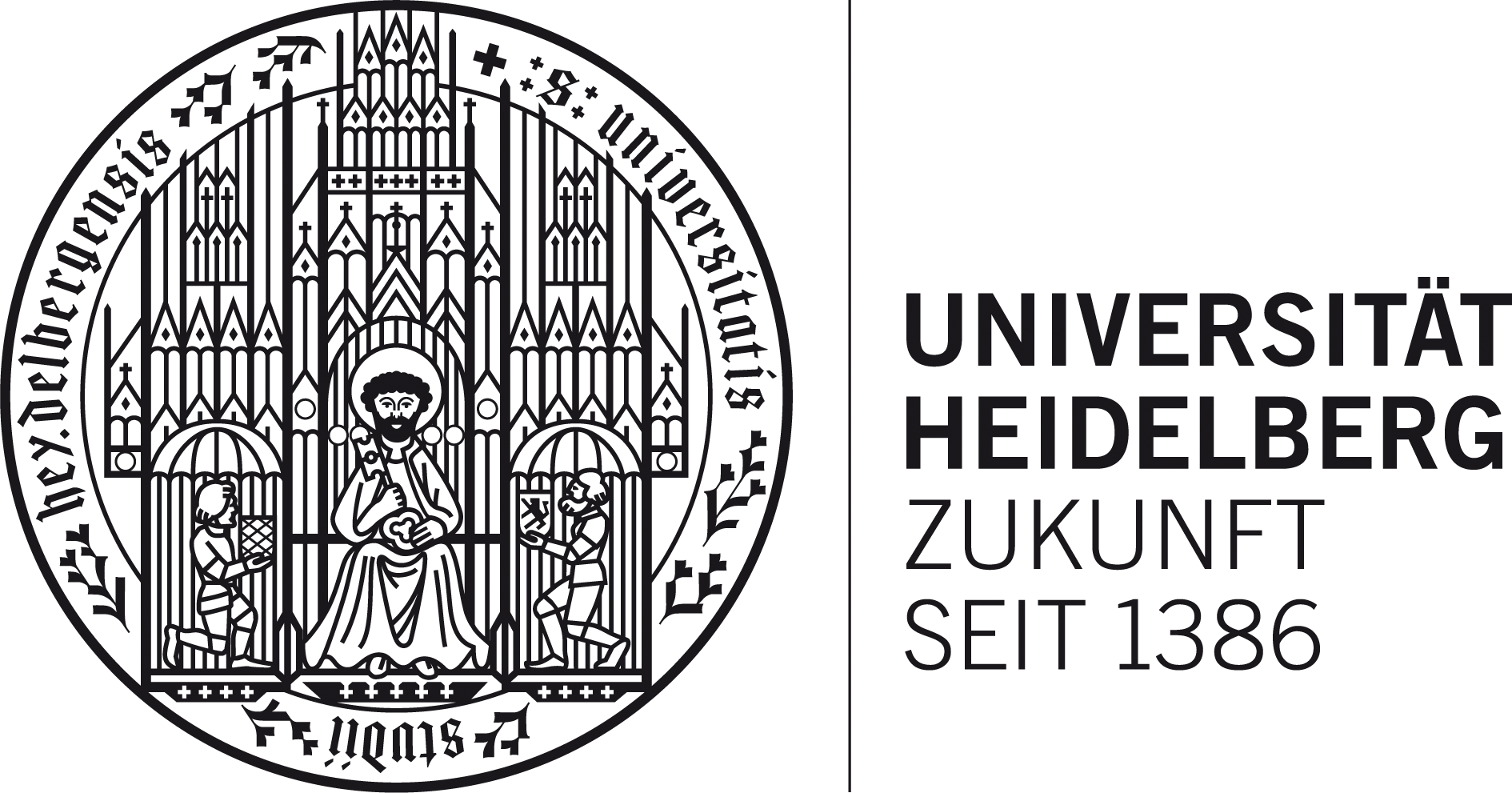PhD Position
D1 PhD Topic: Consideration of user expertise through co-development
Short description
Considering the individual user’s perspective is crucial to yield improved user acceptance in addition to objectively measurable advancements by technological innovations of new active prosthesis or orthosis. Lead users are a specific group of users which have high expertise with respect to the available state of technology. Including them in the co-design of technological advancements has high potential for seamless integration of active locomotion assistance systems.
The PhD student will perform research in the topic of patient innovations and user innovations. Based on the research work, several scientific articles for presentation at international conferences and for publication in leading scientific journals will be written.
Profile and qualification requirements
- Very good master's degree in business administration, (business) informatics, (business) mathematics, industrial engineering or (business) psychology
- Interest in scientific work and empirical research
- Open and communicative appearance
- Very good written and spoken English skills and basic German skills
- High resilience and flexibility
- Strong analytical and conceptual skills
- Initial experience in conducting experimental studies would be an advantage
- Ability to work independently and in a structured manner
PI and Co-PIs
Ruth Stock-Homburg (PI), Philipp Beckerle (Co-PI), Sebastian Wolf (Co-PI)
D2 PhD Topic: Body Representation and Evaluation of Assistance Systems
Short description
Virtual and augmented reality will be used to obtain a psychophysical quantification of the integration of an assistive system into body representation. This work will be done in close interaction with project areas A to C and will focus on multisensory integration, embodiment and agency.
The PhD student will perform research in design and analysis of virtual reality experiments on body representation in users of orthoses and prostheses in a well-equipped virtual reality lab, including optical motion capture, a four-sided CAVE (located at the Central Institute of Mental Health, Mannheim), various head-mounted displays. Possibility to contribute to the development and extension of the virtual reality lab. Work in an interdisciplinary environment with colleagues from diverse fields with psychological, medical, scientific and engineering backgrounds. Embedding of research and clinic, with access to and exchange with clinical experts.
Profile and qualification requirements
An interest to design, program and conduct virtual reality experiments, experience in programming, preferably in Python, Matlab, C, and/or R, experience with (or willingness to learn) basic 3D design, for example with 3D Studio Max or Blender, background in Psychology, Neuroscience, Physics, Engineering, Biology, a strong interest in medical technology and psychological and neuroscientific research, enjoyment of creative and exploratory work with an open mind to new solutions.
Principal Investigators
Herta Flor (PI), Mario Kupnik, Julia Frankenstein
D3 PhD Topic: Modeling of Body Representation and Body Schema Integration
Short description
The development of an assistance system that optimally supports the users requires a comprehensive understanding of the factors affecting body schema integration and user acceptance. Therefore, factor models need to be identified and checked for the connection between properties of the assistance system, e.g., feedback (audible, visual, haptic) and support provided (major, moderate, low), as well as the context of use, e.g., the subsoil (even, rising, slippery, stony) and model the two factors of body schema representation and integration.
Research will be performed for identification of the mental models of individuals with disabilities for the control of assistive systems, considering different degrees of support, and utilizing qualitative interviews and experience sampling. Factor models for cognitive modeling of sensory integration for disabled individuals, e.g. the influence of visual, acoustic, and/or haptic feedback, are formulated and reviewed.
Studies will be conducted in lab, field, and virtual settings.
Profile and qualification requirements
- Psychology, Master of Science with a focus on engineering psychology, very good grade
- Good knowledge of written and spoken German and English
- Previous experience with studies in VR desired
- Previous experience with projects in the field of leg prosthetics within the study programme desired
PI and Co-PIs
Joachim Vogt (PI), Philipp Beckerle (Co-PI), Nina Gerber (Co-PI)
